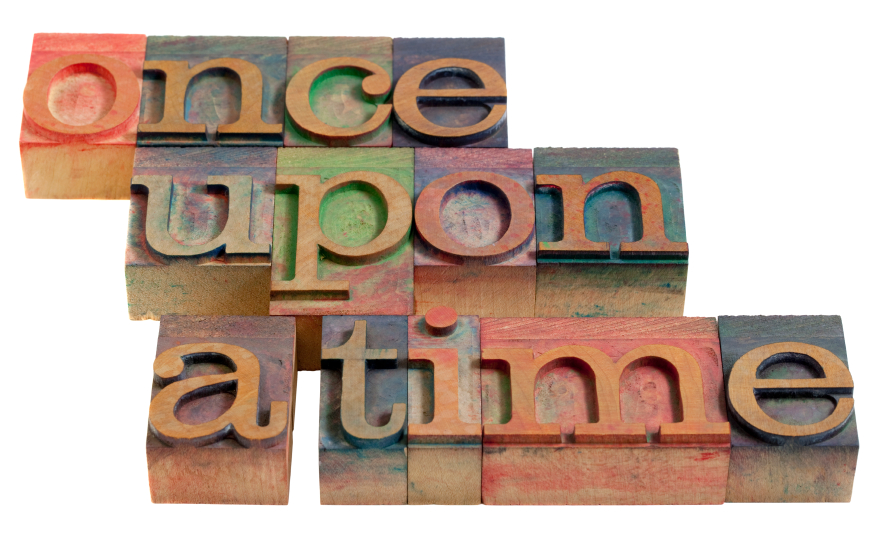I’m no design expert but it struck me the other day while looking at my phone, how brilliant the Apple logo is. Yes, it’s obviously an apple – I told you I was no expert – but it’s the bite out of the apple that is the really clever bit.
There are all sorts of stories, myths and legends weaving around the web as to why the ‘bite’ is there. According to one media report some think it’s a play on ‘byte’, others relate it to the famous code breaker Alan Turing who apparently died by eating a poisoned apple. The truth is likely to be the more prosaic suggestion that the designer just saw it as a great way of differentiating the logo from a cherry.
 However it got there, the bite makes what would be a rather routine outline of an apple into something far more interesting. It suggests movement, action, even intrigue.
However it got there, the bite makes what would be a rather routine outline of an apple into something far more interesting. It suggests movement, action, even intrigue.
My point?
Writing can use the same trick to liven up a piece that might otherwise get lost although this time the ‘bite’ could be humour, creative language, a great picture to accompany the piece, or even an Unconvential. Grammar. Approach.
Next time you write something, take a moment to step back and ask yourself, “Where’s the bite?”



